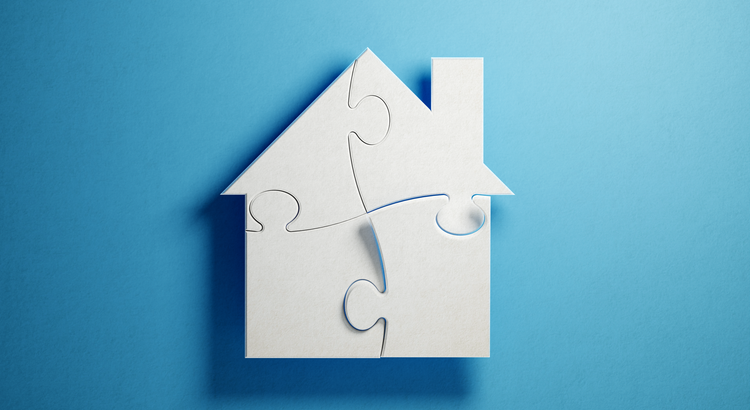Any time there’s chatter about a possible recession, it’s natural to feel a little uneasy—especially if you’re planning to buy or sell a home. The word “recession” can stir up memories of economic downturns and housing market crashes. But the truth is, not all recessions are created equal, and a potential recession in today’s landscape doesn’t automatically mean doom and gloom for real estate.
Let’s break down what a recession could really mean for the housing market—so you can move forward with confidence, not fear.
First, What Is a Recession?
A recession is generally defined as a significant decline in economic activity that lasts for more than a few months. It often includes job losses, reduced consumer spending, and slower business growth. While that can sound scary, it’s worth noting that recessions are a normal part of the economic cycle, and not all of them have major impacts on the housing market.
Housing Isn’t the Trigger This Time
Unlike the Great Recession of 2008, which was directly tied to risky mortgage lending and a housing bubble, today’s economic concerns are different. Housing is not the cause of the current economic volatility—it’s been a bystander, not a driver. That means we’re not likely to see a housing crash, even if the economy does enter a recession.
Home Prices May Level Off—Not Collapse
During most recessions, home prices don’t plummet. In fact, according to historical data from the National Association of Realtors (NAR), home prices have actually increased in most recent recessions, with 2008 being the exception. While price growth could slow or plateau during a recession, a major drop in value is unlikely given today’s supply-and-demand dynamics.
Mortgage Rates Tend to Fall
One surprising effect of recessions? Mortgage rates often decline. That’s because the Federal Reserve typically cuts interest rates to stimulate economic activity. Lower rates mean lower monthly payments, which could make homeownership more affordable and reignite buyer interest. So if you’re waiting for a better time to buy, a recession might actually open the door.
Inventory Will Still Be Key
Even in a downturn, low housing inventory remains a big factor. There simply aren’t enough homes to meet demand in many markets. This ongoing shortage helps support home values and keeps the housing market more resilient than you might expect in tougher economic times.
Buyer and Seller Mindsets May Shift
During a recession, some buyers may pause due to job concerns or economic uncertainty. On the flip side, motivated sellers may become more flexible on price or offer concessions to close a deal. That creates opportunities for prepared buyers to negotiate favorable terms.
Bottom Line
A recession doesn’t automatically spell disaster for housing. In fact, it could bring about lower mortgage rates, more motivated sellers, and less competition—creating a window of opportunity if you’re ready to make a move.
The key is to stay informed, work with a trusted real estate expert, and make decisions based on your personal goals, not just headlines. If you’re curious how current economic trends might impact your local housing market, let’s connect and talk about the right strategy for you.
Ready to make your move—no matter the market? Reach out today!

Providing guidance and assisting motivated buyers, sellers, tenants, landlords, and investors in marketing and purchasing property for the right price under the best terms. Determining clients’ needs and financial ability to purchase the best home for them. Call me today and let me help you find a home that can change your life!
